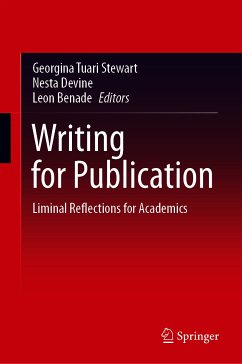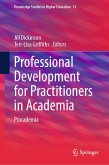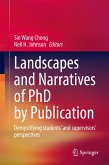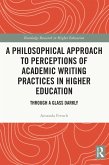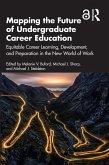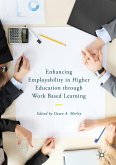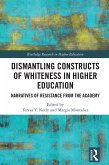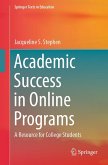This book focuses on academic writing and how academics who are experts in their fields can translate their expertise into publishable form. The magnitude and speed of the changes that are transforming the global academic landscape produce an ongoing need for literature that interprets the nature of academic work. This book arises from the background discipline of education, which is a relatively new university subject that draws on the entire knowledge spectrum from the fine arts to the natural sciences. Each chapter addresses an aspect of the conditions of written academic labour in an age of digital publishing: its nature, how it works, and guidance for successful navigation. This book provides helpful guidance to graduate students, researchers and teachers in universities and higher education, who are united by the challenges of this new world of academic publishing.
"There is no question that this book opens up new conversations about the diversity of genresin academic writing: genres following a pluralistic view, not necessarily following the rules, and supporting that there is no right way for academic writing! Many examples in the book encourage the Foucault notion of 'resistance' by being honest and true to one's self in writing, whilst acknowledging that we stand on the shoulders of giants before us. Several chapters encourage writing that has "more to do with the heart, the body, the spirit" (Schoone, Chapter 5) and becoming more affective as researchers and writers. The book is replete with examples appreciating and encouraging creation of new ways. Such ways suggested might involve stepping over boundaries (liminality), addressing impostor syndrome tendencies, embracing an evolving and fluid writing identity through adopting practices like contemplative inquiry and creative molecular thinking, and valuing collaboration at a discursive level to encourage openness to learning via shared understandings and considering different viewpoints. The diversity of genre that are explored (with outstanding examples in many chapters) include: post-qualitative inquiry and poststructuralist philosophies working together with the principles of New Zealand indigenous Kaupapa Maori theory using 'writing as a method of inquiry' for radical ideas and political aspirations; poetry as academic text; experiential exploration through art critique; and 'truth telling' - being able to tell others how the writer experiences life using the context of music and meditation as an example. No matter what genre is adopted, the final chapter in the book offers sound, practical, advice about pitfalls and opportunities with writing in the digital economy." (July, 2020) - Eileen Piggot-Irvine, Adjunct Professor Griffith University, Australia and Royal Roads University, Canada
Dieser Download kann aus rechtlichen Gründen nur mit Rechnungsadresse in A, B, BG, CY, CZ, D, DK, EW, E, FIN, F, GR, HR, H, IRL, I, LT, L, LR, M, NL, PL, P, R, S, SLO, SK ausgeliefert werden.

